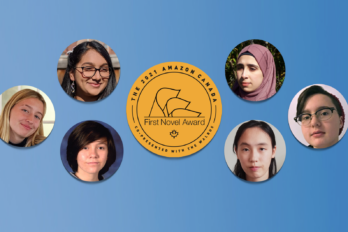
Utopia, or Something Like It
The six finalists of this year’s Amazon First Novel Award’s Youth Short Story category dream up their best possible futures, despite some very real fears
Read MoreFact-based journalism that sparks the Canadian conversation

The six finalists of this year’s Amazon First Novel Award’s Youth Short Story category dream up their best possible futures, despite some very real fears
Read More
Michelle Good’s devastating debut — which features interwoven testaments of the trauma incurred by residential school survivors — is the book Canada needs now
Read More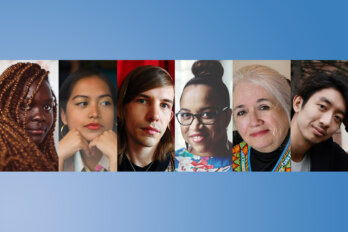
For the shortlisted nominees of this year’s Amazon Canada First Novel Award, writing fiction isn’t just a lifestyle—it’s a homecoming
Read More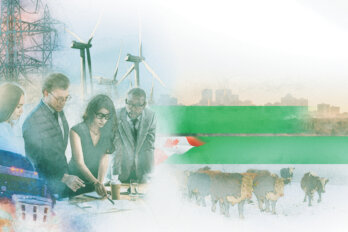
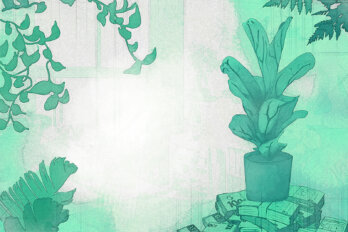
For Canadians no longer keen to choose between planet, people, and profits, responsible investing offers a new definition of wealth
Read More
The three nominated authors for this year’s Amazon First Novel Award Youth Short Story category reveal the stories they most want to tell
Read More
Fresh off winning this year’s Amazon First Novel Award, Stéphane Larue discusses how the backdoor POV of a restaurant’s busiest employee became an unforgettable tale of survival
Read More
The six shortlisted authors for this year’s Amazon First Novel Award share the literary firebrands that inspire them to push their own fictional boundaries
Read More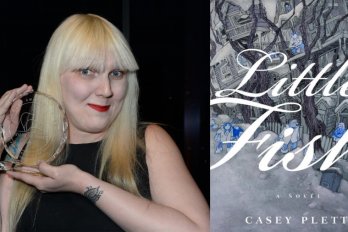
An interview with the winner of the 2019 Amazon Canada First Novel Award on the state of trans stories in fiction and on making diverse, once-quieted voices come to life
Read More
Nominees for the 2019 Amazon Canada First Novel Award Youth Short Story category share how they find their voice amid the cacophony of the information age.
Read MoreThe Walrus uses cookies for personalization, to customize its online advertisements, and for other purposes. Learn more or change your cookie preferences.
The events of the last few weeks have been dizzying. We’ve read war plans shared over text messages, heard ongoing threats to Canadian sovereignty, and have felt the ripple effects of axed international aid and public health and immigration changes well beyond our borders. On the cusp of a federal election, our country faces significant questions as to how we should respond to these issues.
At The Walrus, we’re keeping up with all that is happening in Canada, the US, and beyond. Our editors are working hard to bring you fresh insights and reporting every single day on the issues that matter. The Walrus was built for this moment, but we cannot do this alone.
If you enjoyed this article, please make a donation today to help us continue this work. With your support, we can ensure that everyone has access to responsible, fact-based coverage of the very issues that will shape our collective future.
The events of the last few weeks have been dizzying. We’ve read war plans shared over text messages, heard ongoing threats to Canadian sovereignty, and have felt the ripple effects of axed international aid and public health and immigration changes well beyond our borders. On the cusp of a federal election, our country faces significant questions as to how we should respond to these issues.
At The Walrus, we’re keeping up with all that is happening in Canada, the US, and beyond. Our editors are working hard to bring you fresh insights and reporting every single day on the issues that matter. The Walrus was built for this moment, but we cannot do this alone.
If you enjoyed this article, please make a donation today to help us continue this work. With your support, we can ensure that everyone has access to responsible, fact-based coverage of the very issues that will shape our collective future.
